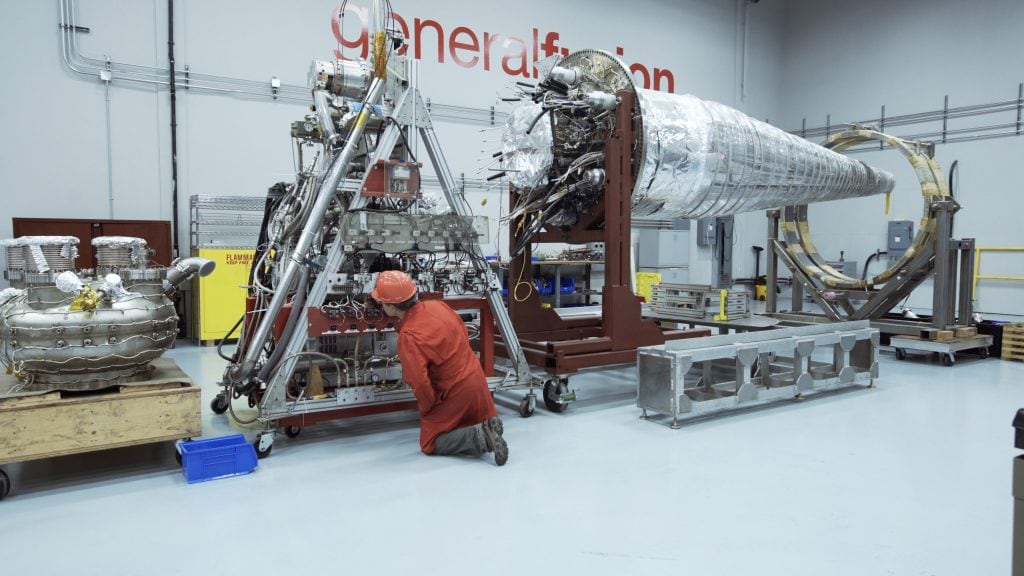The Future Frontiers conference, held in Austin, Texas in June 2019, saw a coming together of remarkable minds and renegade ideas that challenge the way we think about the social structure of the world.
At the core of Future Frontiers’ philosophy is ‘optimistic futurism’—the tenet that instead of being passive beings on earth we are the creators of our own reality, and the attitudes we apply to this creation determines the world we live in. The belief is that by fully comprehending this and taking bold action, we can reimagine “our lives and the institutions that shape us.”
Founded in 2013 by Max Borders and Seth Blaustein, Future Frontiers believes our ability to thrive as a species is being stifled by outmoded social models, from the education system and governance to medicine and finance. Future Frontiers maintains that society is ripe for change and that rapid advances in tech and the unprecedented power of online social networking place us on the precipice of an exciting shift in worldview.
In its pre-event guide, Future Frontiers outlined ten frontiers of “self and society” that it believes are set to radically alter the way we live, think and do business. So goes a statement on the Future Frontiers website: “If Burning Man and TED had a baby, it would be Future Frontiers.”
Here’s a look at five of the more interesting frontiers:

Transformative technology
This is all about using technology for higher self-realisation and the betterment of society. Mikey Siegel—Stanford University lecturer and founder of the ‘consciousness hacking’ movement—asserts that the best future technologies will be the ones that connect us to each other, both intellectually and spiritually.
Think of it as a collective consciousness, but one that is archived and instantly accessible in the cloud—a massive, free exchange of ideas that will change the human experience for good.
At his 2018 Future Frontiers talk, Siegel said, “My greatest hope is that we settle for nothing less than technology that is built from a place of love and care for humanity that supports love, connection and the elevation of consciousness on the planet.”
Apprentice-master education
The education system is well past due for a reshuffle. The ideas that university is the be-all and end-all of a successful career, and that learning all but stops once you enter the workplace, are being challenged.
Thanks to online self-instruction and academies that are either almost free or actually pay students to attend—the Dyson Institute is a prime example of this revolution—knowledge is becoming more accessible and the whole system more decentralised. Instead of structures of standardisation, individual strengths are being catered for and encouraged and our means of lifelong learning and development are progressing.
Holacracy
Holocracy looks at ways of removing the corporate hierarchy and organising people into autonomous but interconnected structures. Instead of having managers, each individual takes responsibility for their tasks, while talents are maximised in a way that makes every person involved in a project feel more valued and empowered.
Brian Roberston—another Future Frontiers speaker—says he developed Holocracy as a self-management system designed to “change people’s relationship to power.”
Online retailer Zappos has been using Holocracy since 2014 and continues to document its experiences with the system—good and bad—via its website.
Super-materials
In 2004, graphene emerged as a new super-material that could replace carbon fibre. However, despite efforts to offset its high cost it’s never really taken off. This is where hemp comes in.
Apart from its health and textile applications benefits, hemp is now being used in the development of supercapacitator batteries for hybrid vehicles, smartphones and energy grids. Hemp, as it turns out, is an incredibly conductive material that allow these supercapacitator batteries to hold their charge for longer.
The other advantage of hemp as an electrode is that it’s made from biowaste, making it cheaper and more sustainable than graphene. The belief is that as hemp becomes increasingly legal, it will be responsible for myriad innovations.

Zero-emission energy
Nuclear power has always presented a dilemma. It is an incredibly effective way of generating emission-free power, however it is still unsafe and its by-product toxic. This is where nuclear-fusion steps in.
General Fusion, based in Canada, is due to become the first commercially viable nuclear-fusion-energy power plant.
The company’s website explains: “Fusion produces zero greenhouse gas emissions, emitting only helium as exhaust. It also requires less land than other renewable technologies. It is inherently safe, with zero possibility of a meltdown scenario and no long-lived waste. There is enough fusion fuel to power the planet for hundreds of millions of years.”

Image: Wikimedia Commons
- Which future technology are you most excited about?
